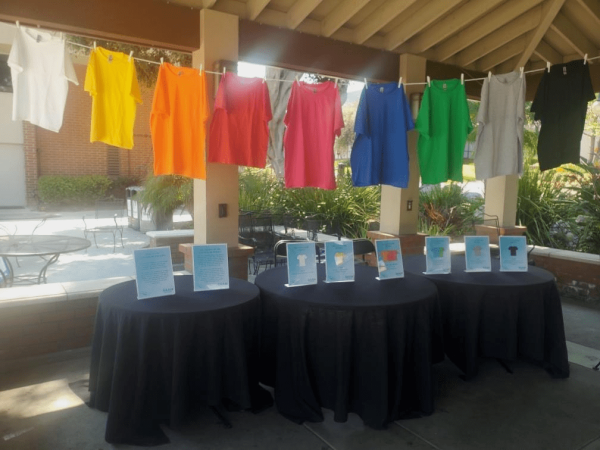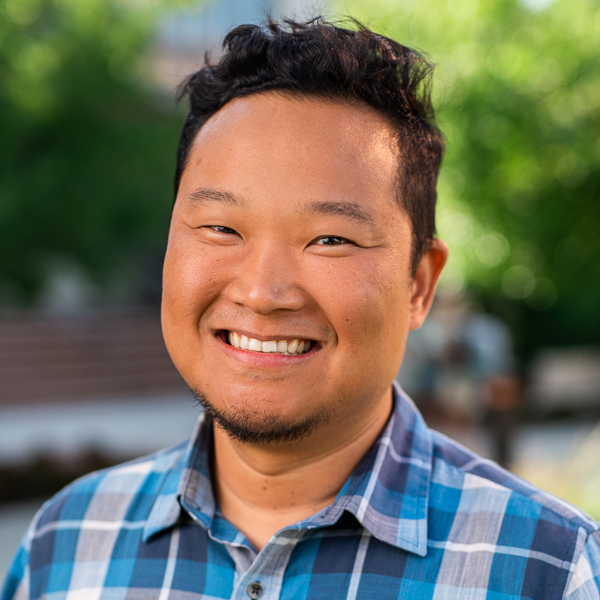College students face mental health struggles
Biola has many resources available to students who struggle with mental illness, a common problem among young adults that was brought into the light by Saddleback Church pastor Rick Warren’s son.
April 20, 2013
President Barry Corey informed the Biola community of the death of Matthew Warren, the youngest son of Saddleback Church pastor Rick Warren, by suicide. Corey’s letter encouraged prayer for the Warren family on April 6, the morning after Matthew’s death occurred, in a “Monthly Message” from the Office of the President’s webpage.
Rick Warren thanked those who prayed for their family in an April 14 post on the church’s “News & Views” blog. In his blog post, Rick Warren asked supporters to sign a Mental Illness Awareness Petition on the Saddleback website to raise awareness and lower the stigma against mental illness.
There is also a Matthew Warren Fund for Mental Health on the church’s website. A short description notes that people can honor the Warrens and help fight mental illness with a donation to the fund.
A COMMON STRUGGLE, THOUGH HIDDEN BEHIND SHAME
The stigma of mental illness generates the idea that a person struggling with mental illness just needs to be stronger, said Christopher Grace, the vice president for student development and university planning and a professor of psychology.
“I think, in general, people struggle with feeling weak if they admit to a problem … people have been told, you know, be strong, you have what you need. And then for Christians, it’s, ‘Well, if you are struggling with something maybe you’re not praying enough or depending on God enough,’” Grace said.
Grace added that this attitude isolates those who are struggling even further.
One in five Americans experience mental illness, according to an ABC News article cited on the Matthew Warren Fund webpage. Despite these statistics, which reflect similar trends among college students, people still feel as if they are alone, Grace said.
“At any given time, you could probably find one in four, one in five college students that are dealing with significant bouts of depression,” Grace said.
However, depression isn’t the only form of mental illness that students often battle while taking on the many stresses of college life. Grace explained that in addition to depression, it is not uncommon for students to face bouts of anxiety or suicidal thoughts.
“Those are the big ones that hit us all the time on college campuses,” Grace said. “At Biola, at Cal State Fullerton and the University of Hawaii — it doesn’t matter, we still find these rates. So, you know, you don’t suffer alone in this. I think people just think they do.”
IMPORTANT TO BRING THESE STRUGGLES INTO THE LIGHT
The best way to break down the stigma surrounding mental illness is to help those struggling recognize that it is okay to ask for help, and by providing them with encouragement, Grace said. He noted that Biola plans to repeat “Mental Health Awareness Week,” which last occurred in November 2010, during the fall 2013 semester as a way to raise awareness on-campus and provide resources to students.
“Seeing as 18-25 is typical college age and that’s also the age when mental illness usually sets on, this is an obvious target area for people who can be developing mental illness. So why would we ignore that?” said Shanna Miller, a senior sociology major.
A VARIETY OF CAMPUS RESOURCES OFFERED
Biola offers many options for students who find themselves struggling with issues like depression, anxiety, addictions, eating disorders or suicidal thoughts. The resident assistant or director of the student’s dorm, or the Commuter Life staff are helpful and ready to hear a student’s story, Katie Powell, director of student care, wrote in an email.
In addition to Residence Life staff, the Biola Counseling Center offers discount rates for Biola students to see a graduate student counselor. Full-time students only pay $25 per appointment; part-time student are charged $55.
“Promoting that there’s counselling that we offer for that or maybe have supports groups for it, or clubs,” said Megan Medrick, a junior international business major. “Those people often times feel alone or that its only them that’s feeling that way and i feel like if they felt supported, that would really help them.”
Crisis support and consultations after hours and on weekends are provided by the resident director on call, which can be reached by calling the university operator and asking for the RD on call, Powell wrote.
Campus Safety should be called, at extension 5111, for emergency assistance for distressed students who may be a threat to themselves or others, Powell added.






